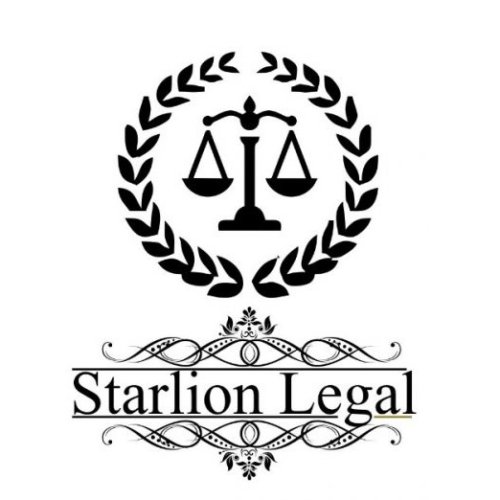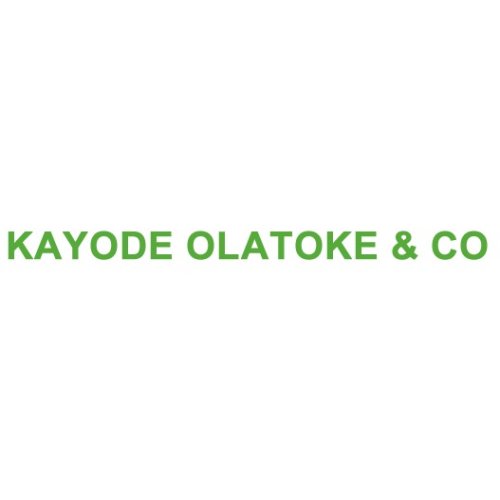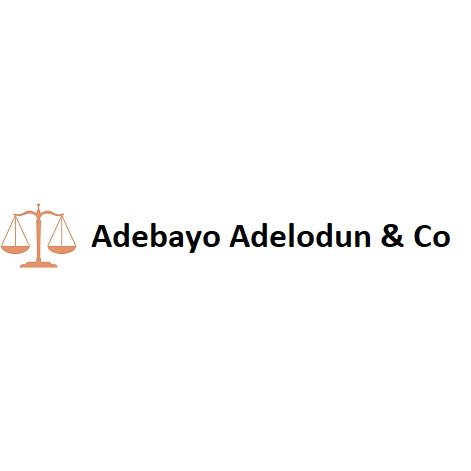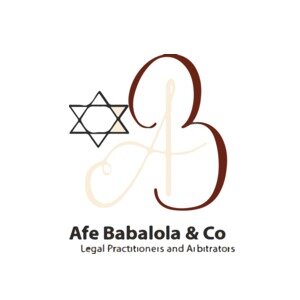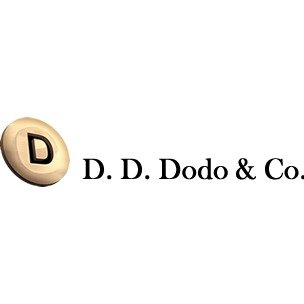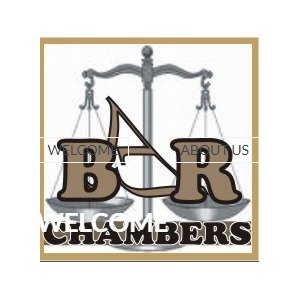Best Creditor Lawyers in Abuja
Share your needs with us, get contacted by law firms.
Free. Takes 2 min.
List of the best lawyers in Abuja, Nigeria
About Creditor Law in Abuja, Nigeria
Creditor law in Abuja, Nigeria deals with the rights and obligations between debtors and creditors. It involves legal proceedings, negotiations, and enforcement of debts. The law aims to protect the interests of both parties and ensure fair treatment.
Why You May Need a Lawyer
There are several situations where you may require legal help in creditor matters. Some common reasons include:
- Debt collection disputes
- Bankruptcy and insolvency issues
- Creditor harassment or unfair debt collection practices
- Negotiating settlements or repayment plans with creditors
- Understanding your rights as a debtor or creditor
Local Laws Overview
It is important to be familiar with key aspects of local laws regarding creditor matters in Abuja, Nigeria. Some relevant points include:
- The Companies and Allied Matters Act (CAMA) governs the legal framework for debt collection and insolvency proceedings.
- The Asset Management Corporation of Nigeria (AMCON) Act provides a framework for the management of non-performing loans and the resolution of distressed financial institutions.
- Abuja has its own Federal High Court which handles matters related to creditor law.
Frequently Asked Questions
1. Can creditors seize my property without my consent?
Under certain circumstances specified in the law, creditors may be able to seize property to recover outstanding debts, but this typically requires a legal process and court order.
2. How do I stop creditor harassment?
If you are being harassed by creditors, it is important to document the harassment and seek legal assistance. Nigerian law prohibits unfair or deceptive debt collection practices, and you may have legal recourse.
3. Can I negotiate a payment plan with my creditors?
Yes, it is possible to negotiate a payment plan with your creditors to repay debts in installments. It is advisable to seek legal advice to ensure fair and reasonable terms.
4. What are the consequences of bankruptcy?
Bankruptcy can have significant consequences, including the liquidation of assets to repay debts or the restructuring of debts under a court-approved plan. It is crucial to consult a lawyer for guidance on the potential implications.
5. How long does it take to resolve a creditor dispute in court?
The duration of resolving a creditor dispute in court can vary depending on various factors, such as the complexity of the case and the court's caseload. It is best to consult with a lawyer for a more specific estimate based on your situation.
Additional Resources
For further assistance and information, consider contacting the following resources in Abuja:
- Legal Aid Council of Nigeria - Abuja: Provides free legal assistance and advice, including in matters related to creditors.
- Federal High Court, Abuja - Debt Recovery Division: Handles creditor-related cases and provides information on legal procedures.
Next Steps
If you require legal assistance in creditor matters in Abuja, Nigeria, follow these steps:
- Document the details of your creditor issue, including any relevant communication or agreements.
- Research and shortlist reputable lawyers in Abuja who specialize in creditor law.
- Contact the selected lawyers to schedule consultations and discuss your case.
- Prioritize finding a lawyer with experience in debt collection, bankruptcy, or creditor disputes.
- During the consultation, explain your situation and ask any questions you may have.
- Select a lawyer who understands your needs and demonstrates expertise in creditor law.
- Follow the lawyer's guidance and provide any requested documentation or information.
- Work closely with your lawyer to navigate the legal process and protect your rights.
Lawzana helps you find the best lawyers and law firms in Abuja through a curated and pre-screened list of qualified legal professionals. Our platform offers rankings and detailed profiles of attorneys and law firms, allowing you to compare based on practice areas, including Creditor, experience, and client feedback.
Each profile includes a description of the firm's areas of practice, client reviews, team members and partners, year of establishment, spoken languages, office locations, contact information, social media presence, and any published articles or resources. Most firms on our platform speak English and are experienced in both local and international legal matters.
Get a quote from top-rated law firms in Abuja, Nigeria — quickly, securely, and without unnecessary hassle.
Disclaimer:
The information provided on this page is for general informational purposes only and does not constitute legal advice. While we strive to ensure the accuracy and relevance of the content, legal information may change over time, and interpretations of the law can vary. You should always consult with a qualified legal professional for advice specific to your situation.
We disclaim all liability for actions taken or not taken based on the content of this page. If you believe any information is incorrect or outdated, please contact us, and we will review and update it where appropriate.




